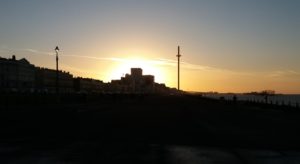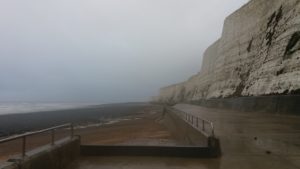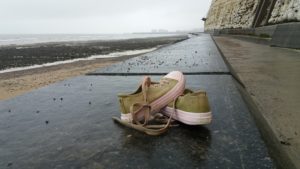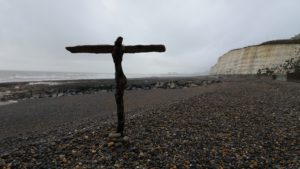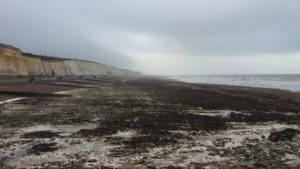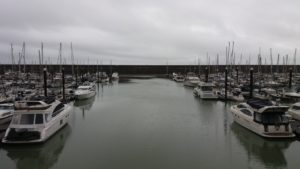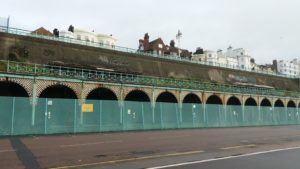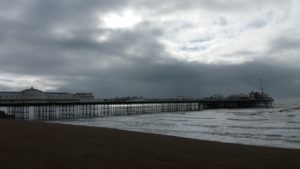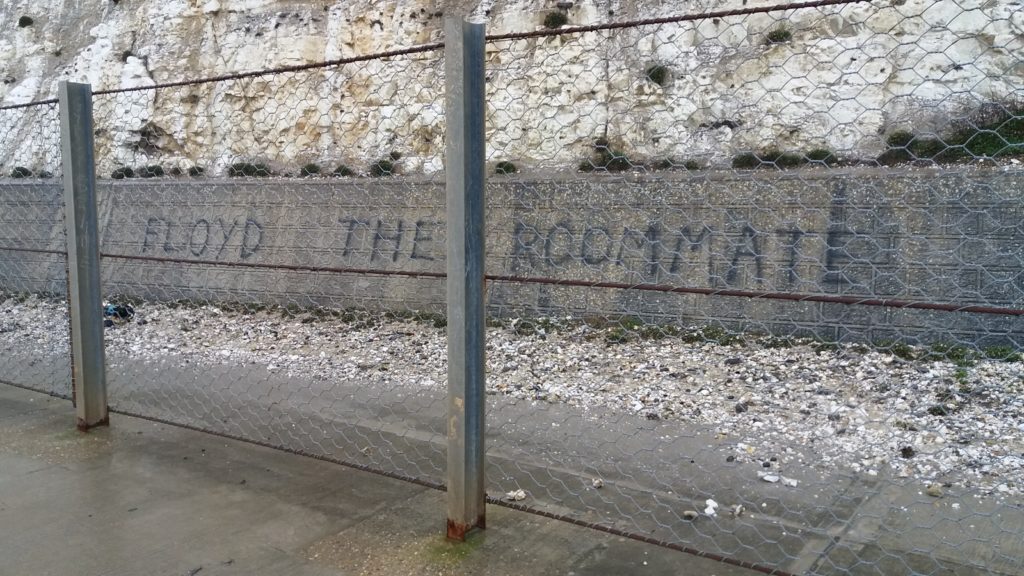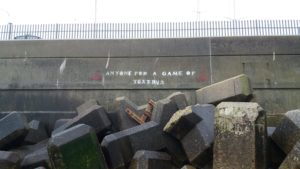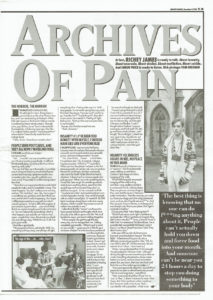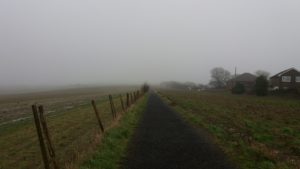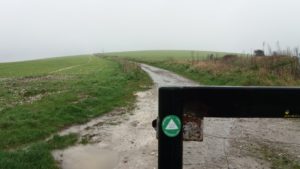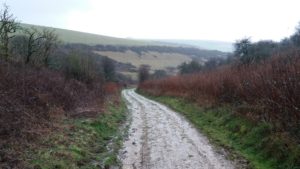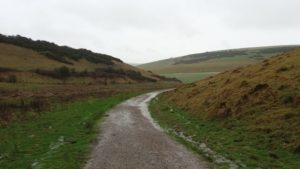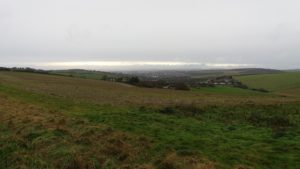Last night, I felt a little overwhelmed by current events. The government’s advice against “unnecessary social contact of all kinds” means avoiding pubs, theatres and social events. My office shut yesterday and, if Britain follows France and Italy, I might be stuck at home alone for a few weeks, while the world outside is chaos.
It’s certainly a scary and unsettling time. I’m very lucky that I am healthy and have a relatively low risk; and that nobody I know has been hit by this virus. But the isolation and uncertainty feel very threatening. Particularly since we have no idea where social distancing ends – as one BBC update put it, describing the Imperial College report: “this approach comes with a major problem – there is no exit strategy … cases would soar as soon as measures are lifted… [measures] could need to be in place until a vaccine is available, which could take up to 18 months.”
Whatever happens, we’re in for a good few weeks of lockdown and I’ll be spending a lot of time in my flat. I found myself thinking of Desmond from Lost, trapped in the bunker. And I decided, the only way to endure this is to focus on seeing it a positive experience. How many times have I wished for life to slow down so I could focus on things? And here I am with lots of time for quiet contemplation.
I will treat this as a retreat and try to make the best of it. The lack of events and gatherings means space to review my priorities, to make some time for the spiritual. I’m planning a routine, and figuring out some things to do while I am here. There’s no excuse not to do my physio exercises over the next few weeks.
It’s also good to have my job. I am lucky enough to be a full-time employee in a relatively unexposed business. I have a great team, and I’ve found myself really pleased to (virtually) see them today.
While I am restricting social contact, I did run some errands today. Early in the morning I dropped by my local branch of Small Batch. I’m not sure how long that will be open for, as they may concentrate on the larger branches, and I will miss the cafe if that does happen.
Tesco’s was a nightmare. I assume this is just people gathering stockpiles, and that it will calm down in a few days. It brought back memories of New York in 1999, when I went shopping before a hurricane. I went to the supermarket and bought beer, watching everyone else buying water, candles and the like. This time I am preparing better.
I also popped out in the evening to deliver some supplies to friends who are self-isolating. It seems a good way of doing my 10,000 steps. I’ve also put a note in the hall of my block, offering to help anyone self-isolating here, but nobody has needed me yet.
Meanwhile, I try to appreciate the strangeness of the times, finding myself in the sort of scenario that happens at the start of disaster novels. I think there will be long term effects to this, and the world is going to change. I remember Douglas Coupland’s Generation X describing international air travel as decadent. That’s just one thing I can see that changing as a result of what my German cousin referred to the the ‘swivet’ (apparently an obscure American word for “a fluster or panic“).
We have to retreat into smaller worlds for a time. I’m going to try to make the best of it, and hopefully come out of it well. And, if I really hate it, I’ll buy a games console (I’d love to try Death Stranding).
I can currently hold a plank for 67 seconds.
